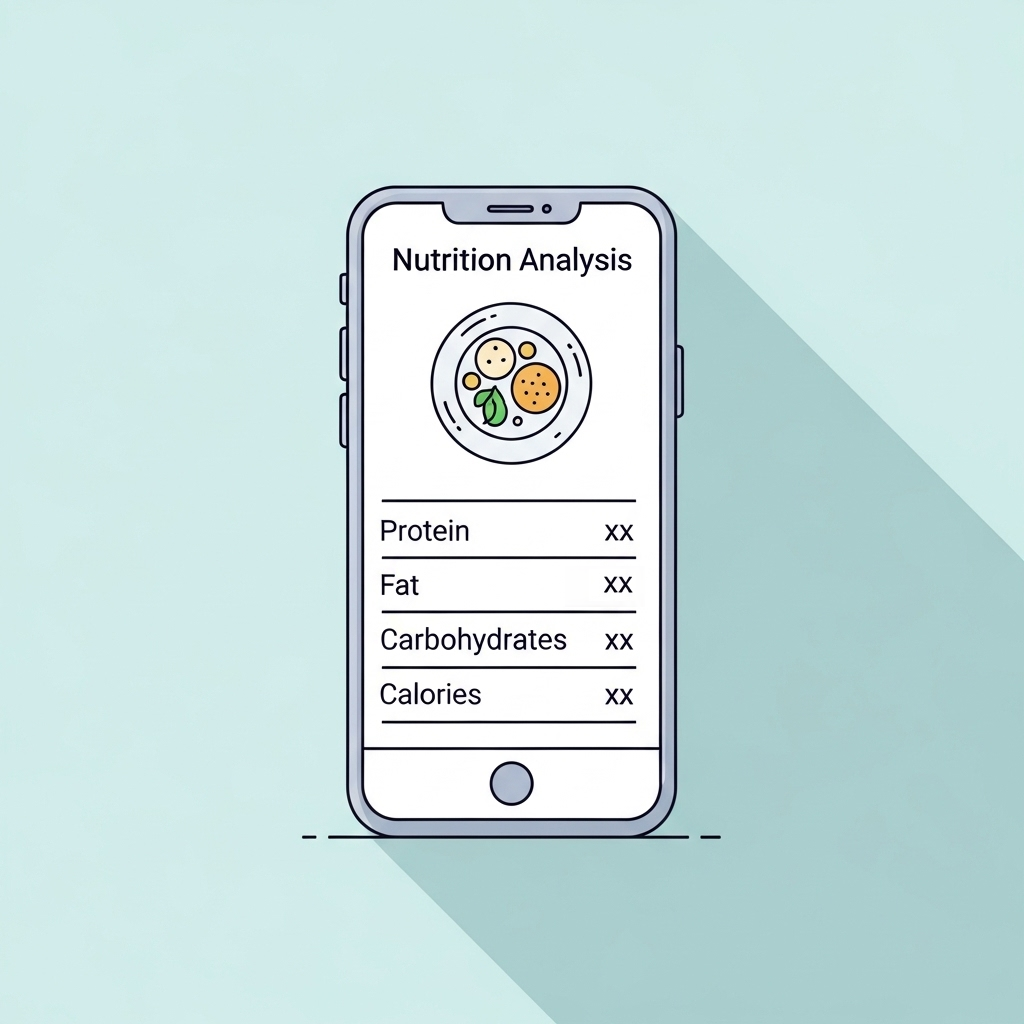
Evidence-Based Algorithm
Analysis Results
Protein Intake
-
Energy Expenditure
-

Last updated: